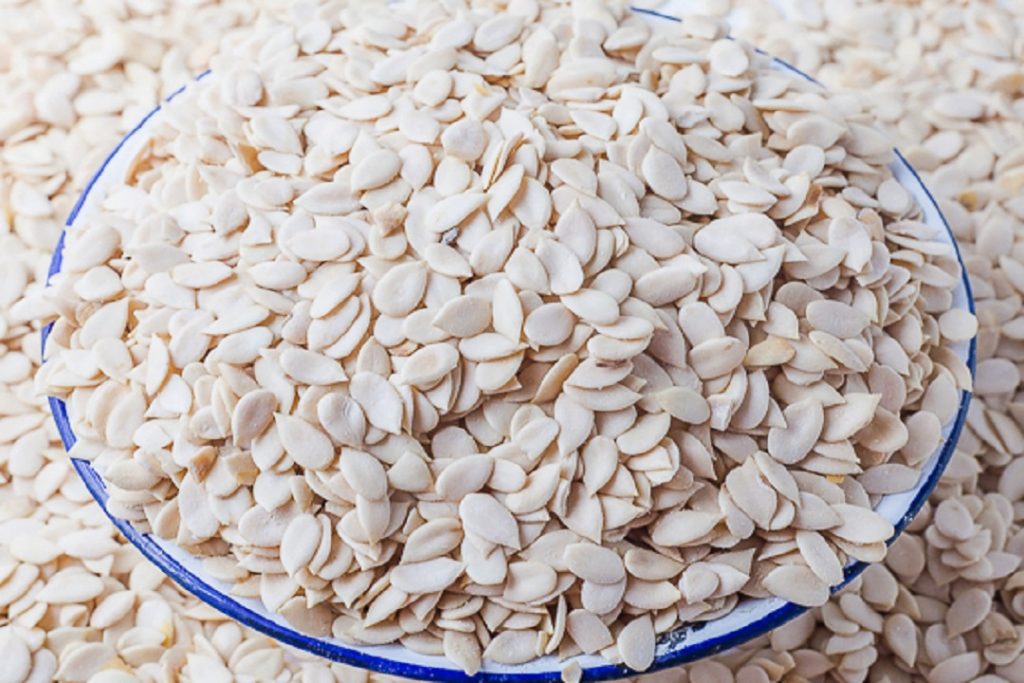Introduction
When people think about Nigeria, what often comes to mind is oil, Afrobeats, or the hustle and
bustle of Lagos. But far away from the spotlight, something powerful is happening across the
country’s farmlands. A quiet revolution is taking place—one that could change not just how
Nigeria eats, but how it grows, trades, and thrives.
Agriculture in Nigeria has always been present, but it’s now stepping into a new season. This
time, it’s not just about survival. It’s about scale, strategy, and long-term growth.
A Sector That’s Finally Getting the Attention It Deserves
For many years, farming in Nigeria was largely seen as a last resort. Most smallholder farmers
worked tiny plots of land using basic tools and traditional methods. These farms kept families
fed, but rarely generated wealth or created real economic impact.
The irony? Nigeria has over 70 million hectares of arable land, yet only a small portion of it is
being fully used. Meanwhile, the population is growing fast and is projected to reach 400 million
by 2050. The country must produce more food, but more importantly, it must produce food more
efficiently.
That’s where the new momentum in agriculture is coming from. Farmers, investors, innovators,
and policymakers are finally seeing farming as more than just a rural activity. It’s becoming one
of the country’s most strategic industries.
What Changed? A Groundbreaking Partnership with Brazil
In June 2025, Nigeria signed a $1 billion agricultural agreement with Brazil. This wasn’t just
about funding—it was about knowledge exchange, capacity building, and introducing proven
systems into Nigeria’s farming space. Brazil, now a global leader in agriculture, was once in a
similar position as Nigeria. Its journey into modern, large-scale farming is one Nigeria can learn
a lot from.
The deal will bring in advanced farming equipment, establish service and training centers, and
help Nigerian farmers adopt modern practices. It could mean everything from tractors replacing
hoes to better irrigation systems and less post-harvest waste. This is a huge step forward from
the traditional tools that have held farmers back for years.
Technology Is Taking Root in the Fields
There’s also a quiet tech boom happening on Nigeria’s farms. A new generation of digital tools
is helping farmers work smarter. From mobile apps that provide weather forecasts and market
prices to drones that monitor crops, the way farming is done is changing.


